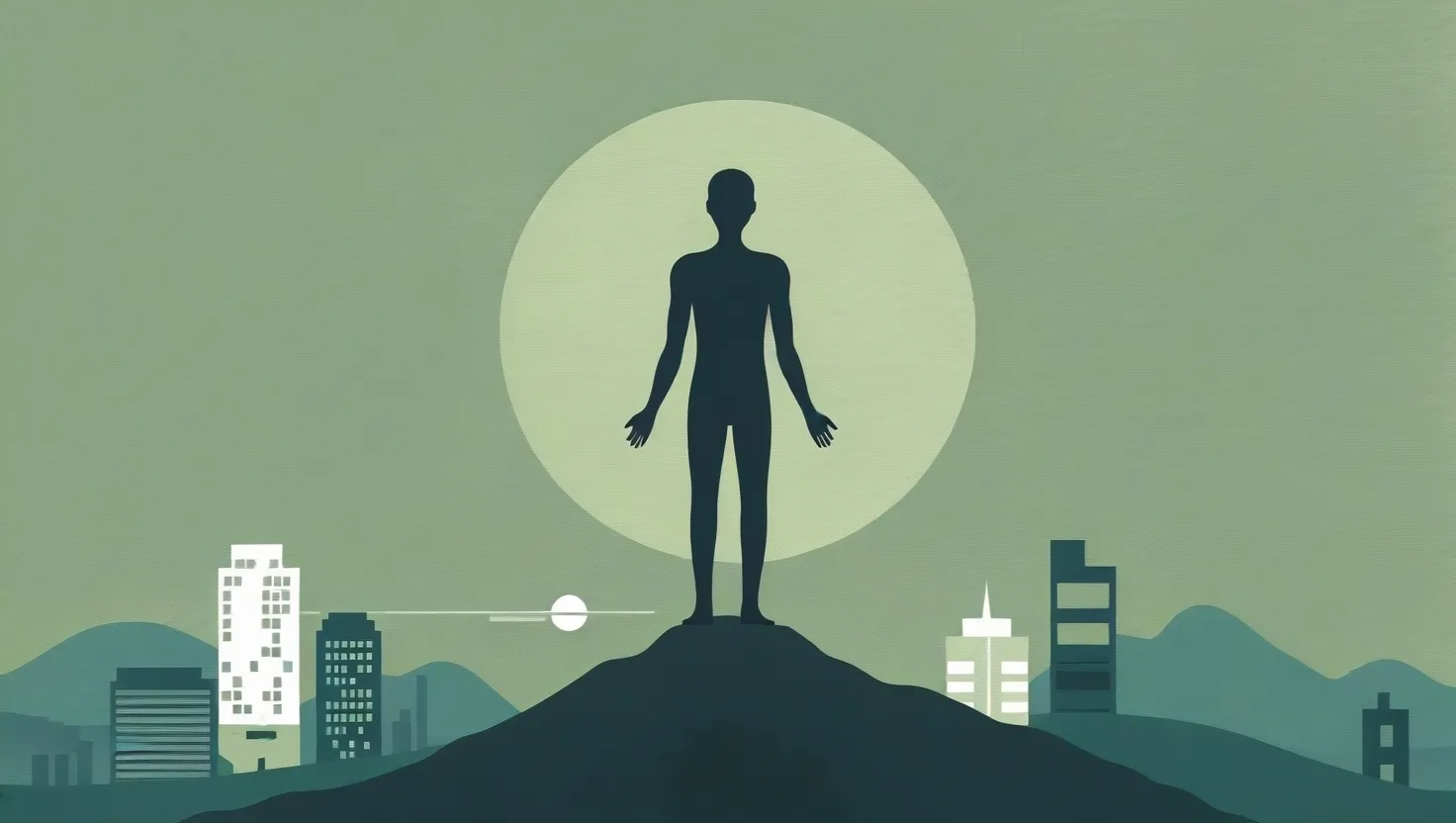Kidney stones, those pesky little deposits of minerals and salts, can be a real pain – literally. They form inside your kidneys and can vary in size from a tiny grain of sand to something as big as a pea. The good news? Knowing what causes them can help you dodge the bullet.
Kidney stones start to form when your urine has too many minerals like calcium, oxalate, and uric acid. These minerals come together to make crystals, which then join forces to create the actual stones. This usually happens when there’s not enough fluid in your urine to flush everything out.
Dehydration is a major culprit. Not drinking enough water makes your urine more concentrated, raising the chances of stone formation. Make it a daily goal to drink about 8-10 cups of water – and yes, swapping in some lemonade or orange juice can help too since they have citrate, which fights off stones.
What you eat also plays a big role. Foods high in oxalates like nuts, soy foods, spinach, and rhubarb can be problematic if you’ve had calcium oxalate stones before. Similarly, for those who’ve had uric acid stones, cutting down on foods high in purines – think red meat, shellfish, and alcohol – is key. Oh, and watch that sodium; salty snacks and processed foods can up your stone risk too.
Your family history and your own medical history also come into play. If kidney stones run in the family, you’re more likely to get them. Conditions like Crohn’s disease, inflammatory bowel disease, and chronic diarrhea can mess with your urine and crank up stone formation. Even stress and its buddies, high blood pressure and high blood sugar, can be co-conspirators in stone formation.
There are a few different types of kidney stones. The most common are calcium oxalate stones, often tied to diets high in oxalates or low in calcium. Calcium phosphate stones are rarer and might be due to conditions like hyperparathyroidism. Uric acid stones can result from a diet high in meat, seafood, and sweets, and they can be a red flag for gout. Struvite stones often come from urinary tract infections and are mostly seen in women. Cystine stones are quite rare and tend to run in families.
Preventing kidney stones is pretty straightforward: stay hydrated, eat a balanced diet, and deal with any health issues that might increase your risk. Drinking more than 2.5 liters of fluid daily is a great start. For calcium stones, meeting your daily calcium needs can help because calcium binds to oxalate and prevents it from being absorbed into your urine. Just go easy on those high-oxalate foods.
If you do end up with kidney stones, treatment varies based on the type and size. Smaller stones can usually pass on their own with a lot of fluids and some pain relief. Bigger stones might need medical treatments like surgery to remove them. Certain medications can also help prevent new stones from forming by changing the make-up of your urine.
In a nutshell, kidney stones can be a real hassle, but with some lifestyle tweaks, you can keep them at bay. Keep those hydration levels up, watch your diet, and manage any underlying health conditions. Your kidneys will thank you.






